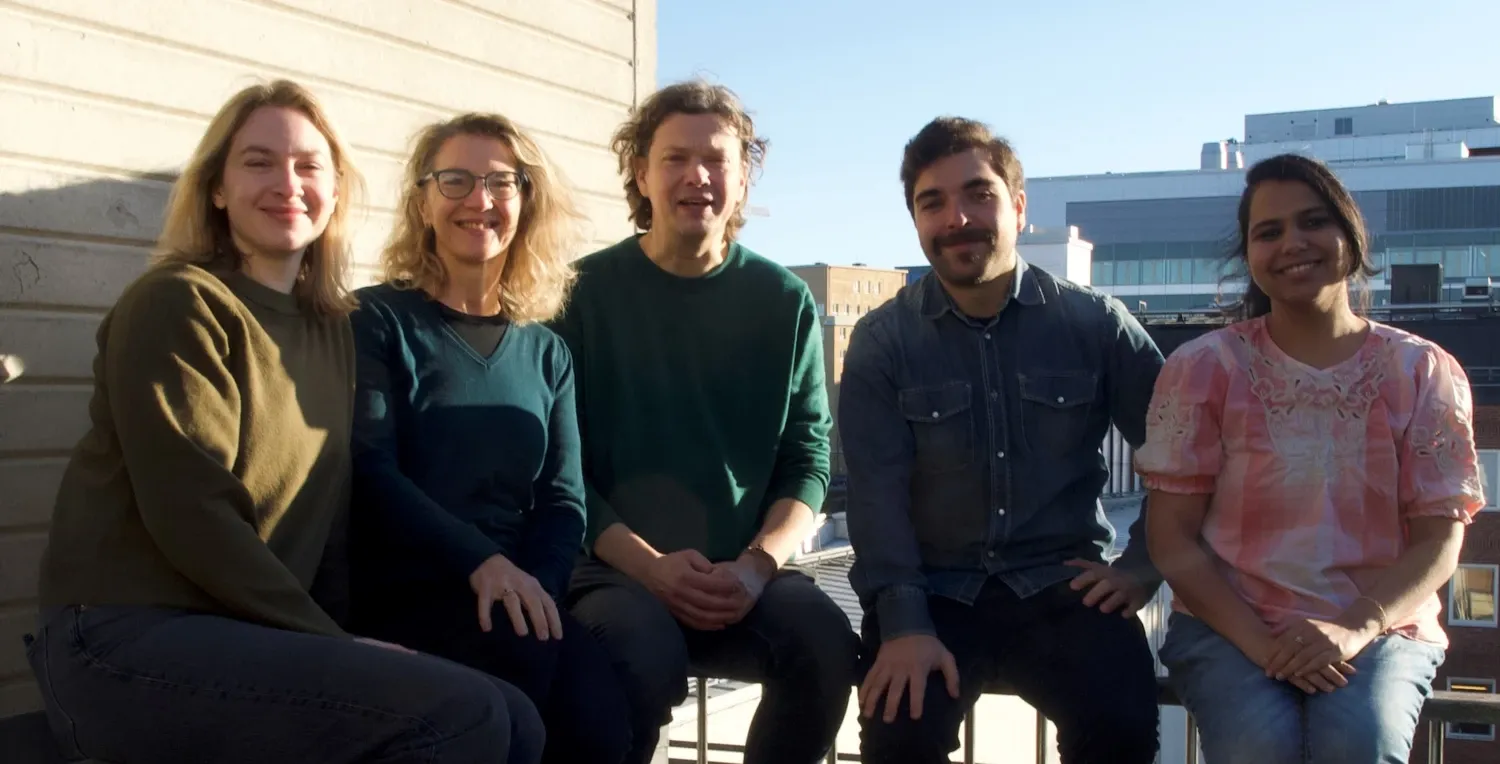Our research
A well-detectable autoantibody response precedes seropositive rheumatoid arthritis by several years. Still, our capacity to recognize the disease early, before the onset of joint inflammation, and intervene with further disease progression is surprisingly limited. We believe that the important reasons for this are the i) lack of predictive markers that could identify autoantibody-positive individuals with imminent risk of RA, ii) a limited understanding of key early and targetable pathogenic mechanisms and iii) the lack of animal models that mimic well enough the complex and slowly evolving nature of RA.
Our goal is to address the abovementioned need for better understanding of the triggers that lead to RA, by using novel experimental models that mimic very early disease stages and by studying individuals at risk of RA. With our results we aim at contributing to a change in treatment paradigm, moving towards earlier diagnosis and prevention instead of the current strategy based on life-long therapies that do not cure the disease.
Photo: Nora Euler. From the left: Maša Filipović, Danka Grčević, Bence Réthi, Marcelo Gomes Afonoso, Abhitha Kodundirapally Venkataramakrishnan.

